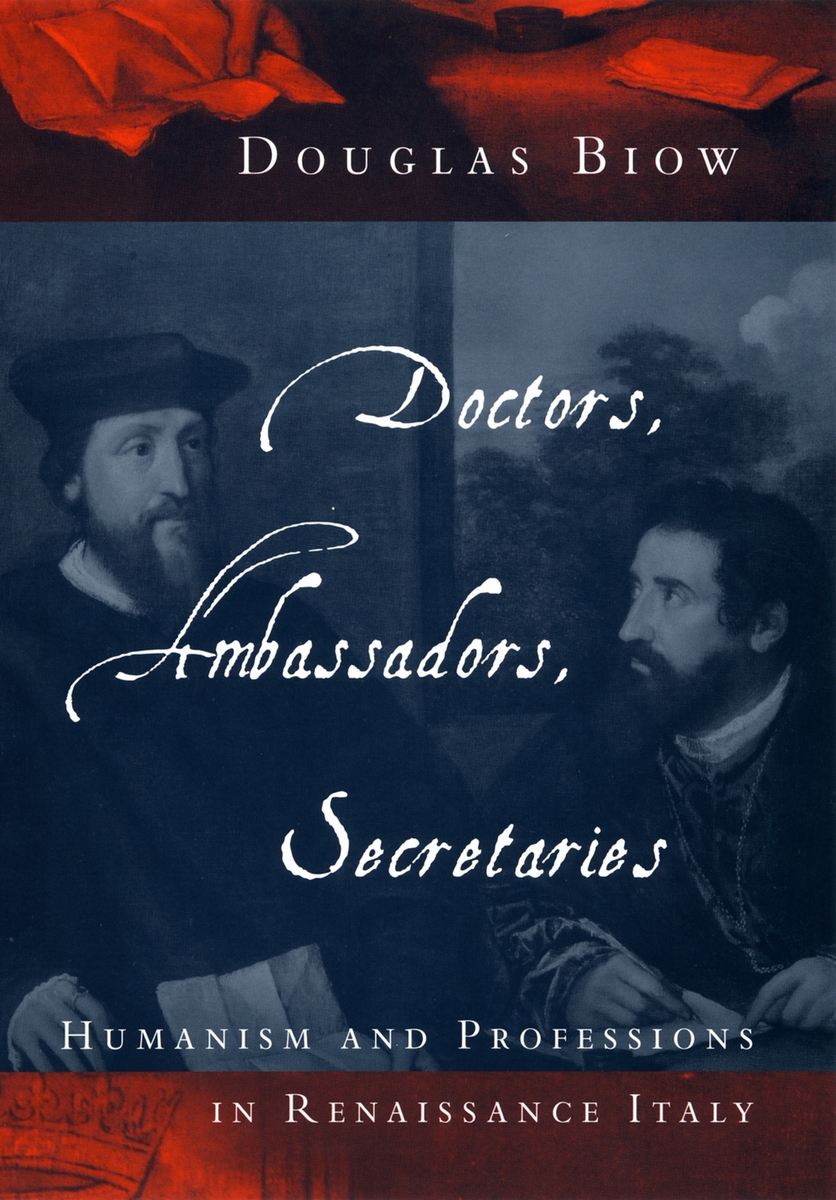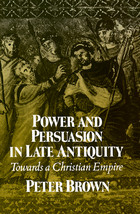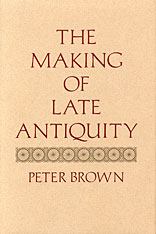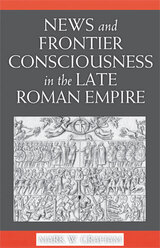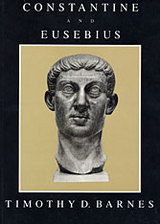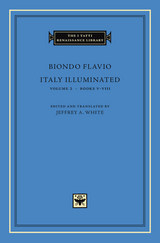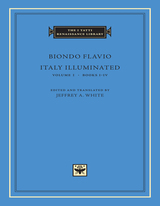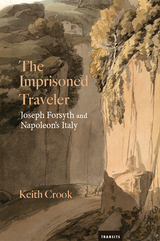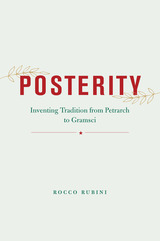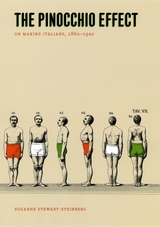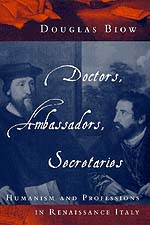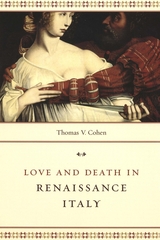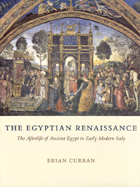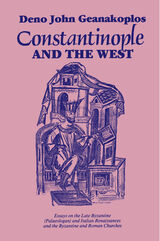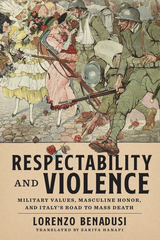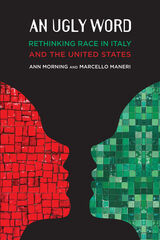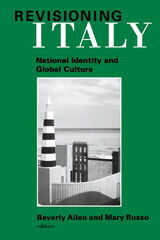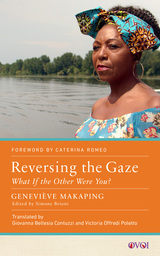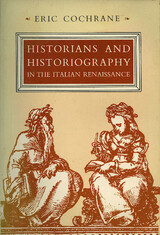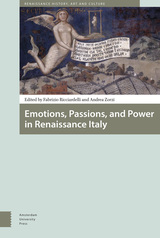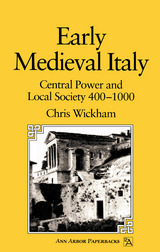Doctors, Ambassadors, Secretaries: Humanism and Professions in Renaissance Italy
University of Chicago Press, 2002
Cloth: 978-0-226-05171-0
Library of Congress Classification DG445.B56 2002
Dewey Decimal Classification 850.9355
Cloth: 978-0-226-05171-0
Library of Congress Classification DG445.B56 2002
Dewey Decimal Classification 850.9355
ABOUT THIS BOOK | AUTHOR BIOGRAPHY | TOC | REQUEST ACCESSIBLE FILE
ABOUT THIS BOOK
In this book, Douglas Biow traces the role that humanists played in the development of professions and professionalism in Renaissance Italy, and vice versa. For instance, humanists were initially quite hostile to medicine, viewing it as poorly adapted to their program of study. They much preferred the secretarial profession, which they made their own throughout the Renaissance and eventually defined in treatises in the late sixteenth and early seventeenth centuries.
Examining a wide range of treatises, poems, and other works that humanists wrote both as and about doctors, ambassadors, and secretaries, Biow shows how interactions with these professions forced humanists to make their studies relevant to their own times, uniting theory and practice in a way that strengthened humanism. His detailed analyses of writings by familiar and lesser-known figures, from Petrarch, Machiavelli, and Tasso to Maggi, Fracastoro, and Barbaro, will especially interest students of Renaissance Italy, but also anyone concerned with the rise of professionalism during the early modern period.
Examining a wide range of treatises, poems, and other works that humanists wrote both as and about doctors, ambassadors, and secretaries, Biow shows how interactions with these professions forced humanists to make their studies relevant to their own times, uniting theory and practice in a way that strengthened humanism. His detailed analyses of writings by familiar and lesser-known figures, from Petrarch, Machiavelli, and Tasso to Maggi, Fracastoro, and Barbaro, will especially interest students of Renaissance Italy, but also anyone concerned with the rise of professionalism during the early modern period.
See other books on: 1268-1559 | Doctors | Humanism | Professions | Renaissance Italy
See other titles from University of Chicago Press
